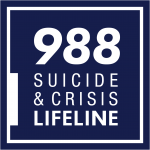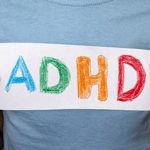
Money may not buy happiness, but it can help make life more satisfying, a new U.S. government survey shows. In 2021, just under 5% of U.S. adults said they were “dissatisfied” with their lives. And researchers found those feelings were more common in households making less than 200% of the federal poverty level — or about $55,000 a year for a family of four. Among those relatively lower-income Americans, 8% were dissatisfied with their lives — more than double the rate (3.6%) among people with higher incomes. That dividing line is not surprising, as past studies have found clear relationships between income and life satisfaction. But lead researcher Amanda Ng said another finding was intriguing: There were some disparities in life satisfaction, based on factors like age and race — but only among lower-income Americans. Within that group, white and Black Americans were less happy than Hispanic and Asian Americans. Meanwhile, middle-aged adults (aged 45 to 64) reported more dissatisfaction than either younger or older adults. And people born in the United States were less happy than their counterparts born elsewhere. None of those disparities existed, however, among Americans with relatively higher incomes. “It was pretty striking that we saw none of those differences,” said Ng, a researcher with the National Center for Health Statistics, which is part of the U.S. Centers for Disease Control… read on > read on >



























-300x200.jpg)










